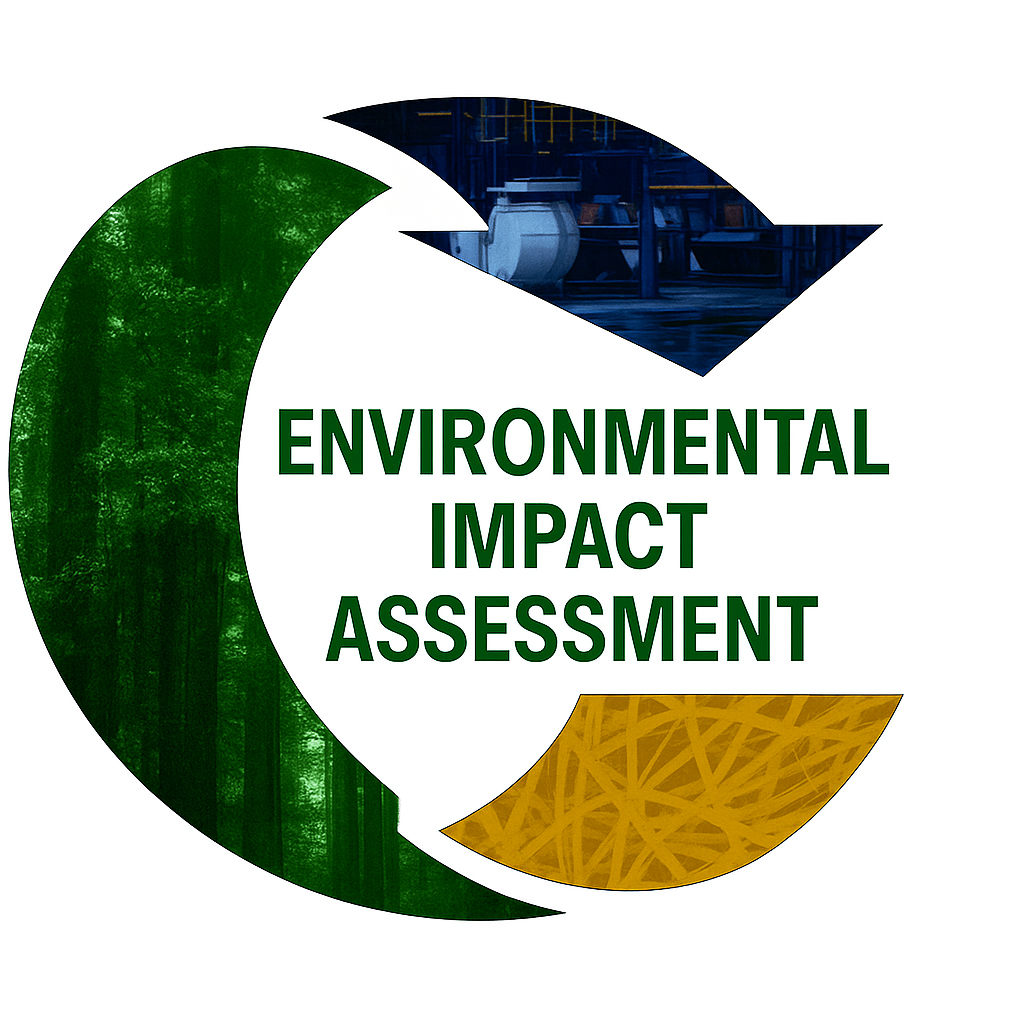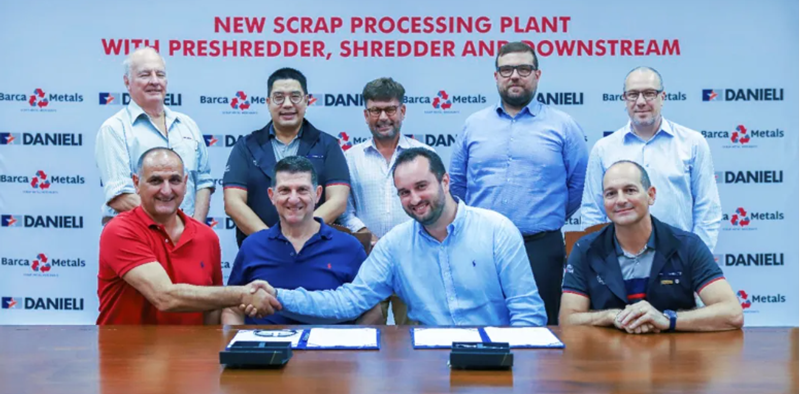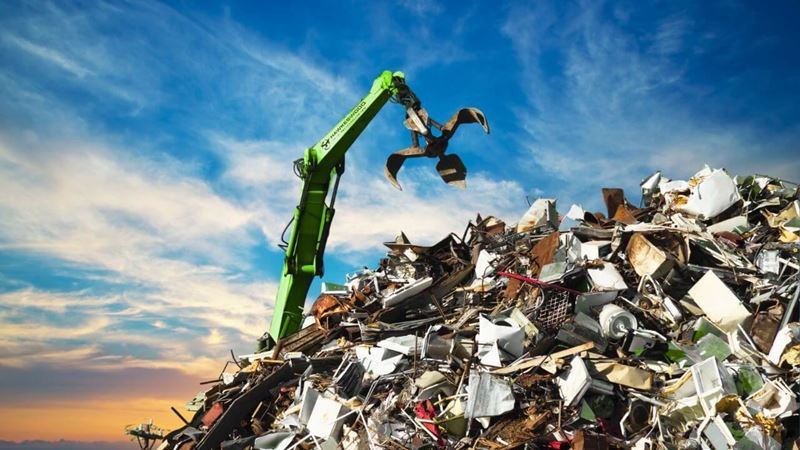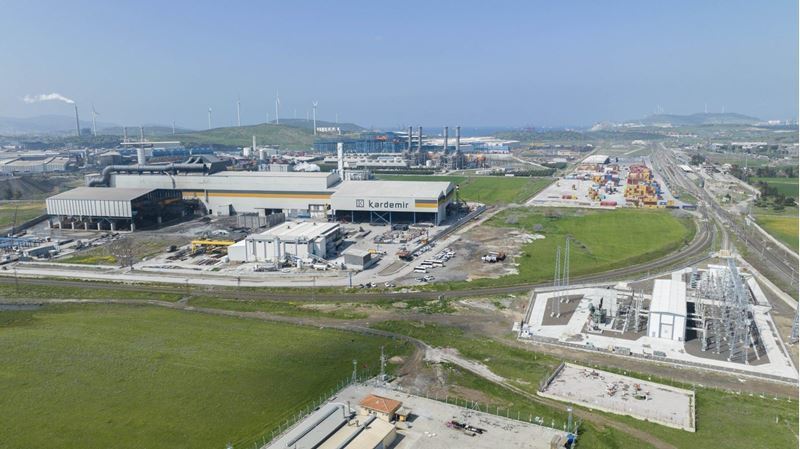With the new regulation, the phrase “EIA Not Required Decision” is being removed from the law. Accordingly, without an “EIA Positive Decision,” approval, permits, incentives, construction, and use licenses cannot be granted for projects, investment in the project cannot begin, and tenders cannot be held. However, this situation will not prevent applications for incentives, approvals, permits, and licenses. The changes aim to prevent misunderstandings caused by the phrase “EIA Not Required.”
Comprehensive changes to the Mining Law
The proposal also includes several important amendments to the Mining Law. The definition of license fees has been revised to remove the environmental compliance guarantee and establish a separate rehabilitation fee. The processes for calculating, depositing, and recording license fees have been reorganized.
In addition, new rules have been introduced regarding the duration of permits for mining activities. Prior to granting a license, the opinions of relevant institutions will be sought for sensitive areas such as special environmental protection areas, national parks, wetlands, and forests. If the institutions do not respond within three months, the permit will be deemed granted. A free permit system is being introduced for mining activities in state forests, with permit periods limited to 24 months and extendable by 12 months when necessary.
Even if the area becomes subject to a permit after the permit is issued, mining activities may continue; however, in the event of the identification of cultural assets, the approval of the Ministry of Culture and Tourism will be required. In the event of a negative opinion, compensation equal to the investment costs will be paid to the permit holder.
Rehabilitation fees are separated from permit fees, and obligations are increased
The proposal provides for a 30% discount on the license fee, while the rehabilitation fee is separated from the license fee and made mandatory. The rehabilitation fee will be equal to the operating license fee and will be used solely for rehabilitation purposes. This fee and its interest cannot be seized, pledged, or assigned.
License holders who fail to fulfill their rehabilitation obligations will be given one month to rectify the deficiencies. If the deficiencies are not rectified within this period, mining activities will be suspended.
Rehabilitation obligations will apply to license holders other than public institutions. The responsibility for the rehabilitation of production permit areas under the jurisdiction of public institutions will lie with the relevant institutions themselves.
The definition of strategic and critical minerals has been revised
The definition of strategic and critical minerals has been revised, with minerals that could cause serious economic problems and security risks in the event of supply disruptions or high price increases being defined as critical. Minerals of high importance for national security and economic prosperity have been designated as strategic minerals.
Special procedures will be applied in the licensing and permit processes for these minerals, expropriation may be carried out, and the President may decide to establish stockpiles.











Comments
No comment yet.